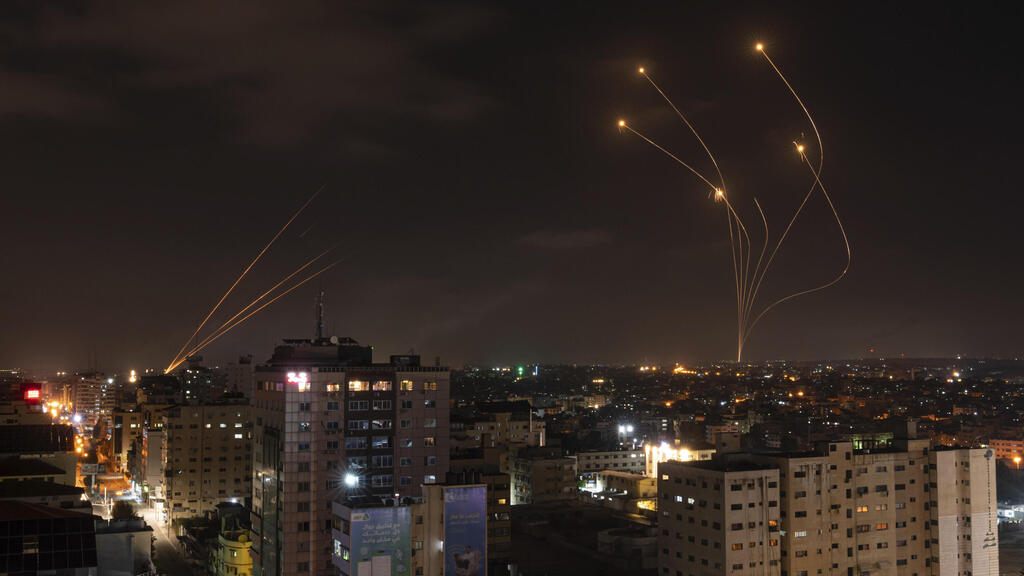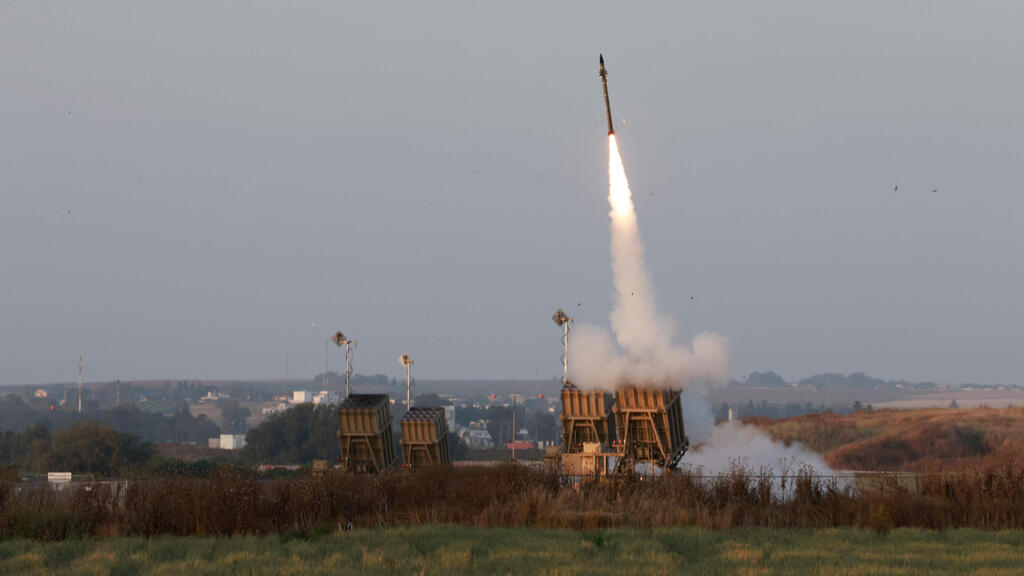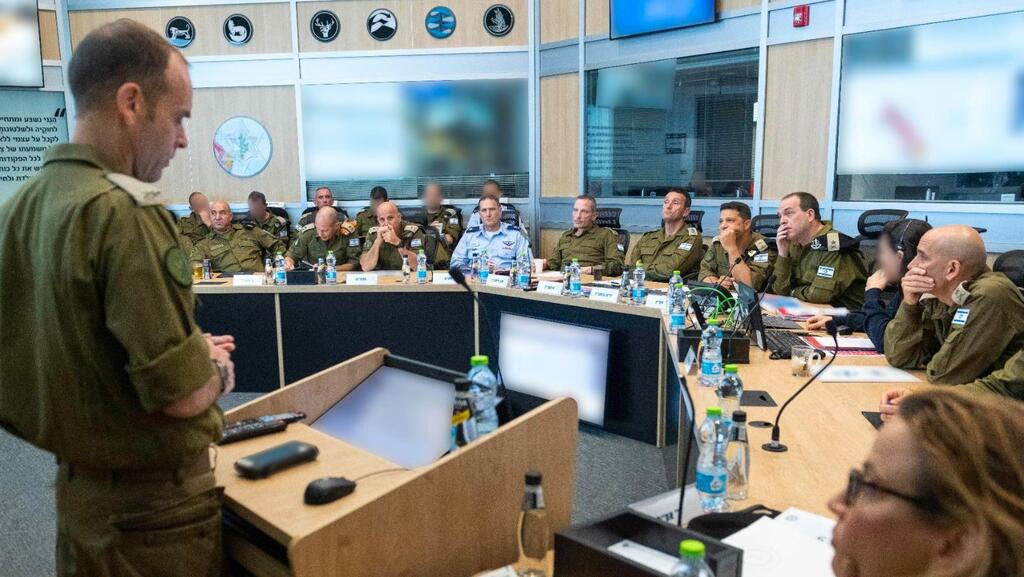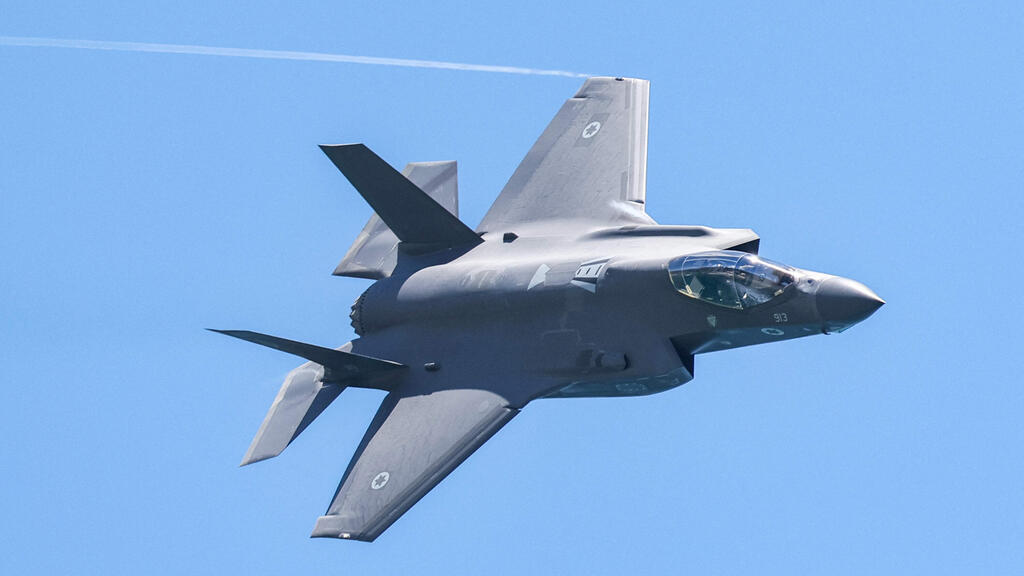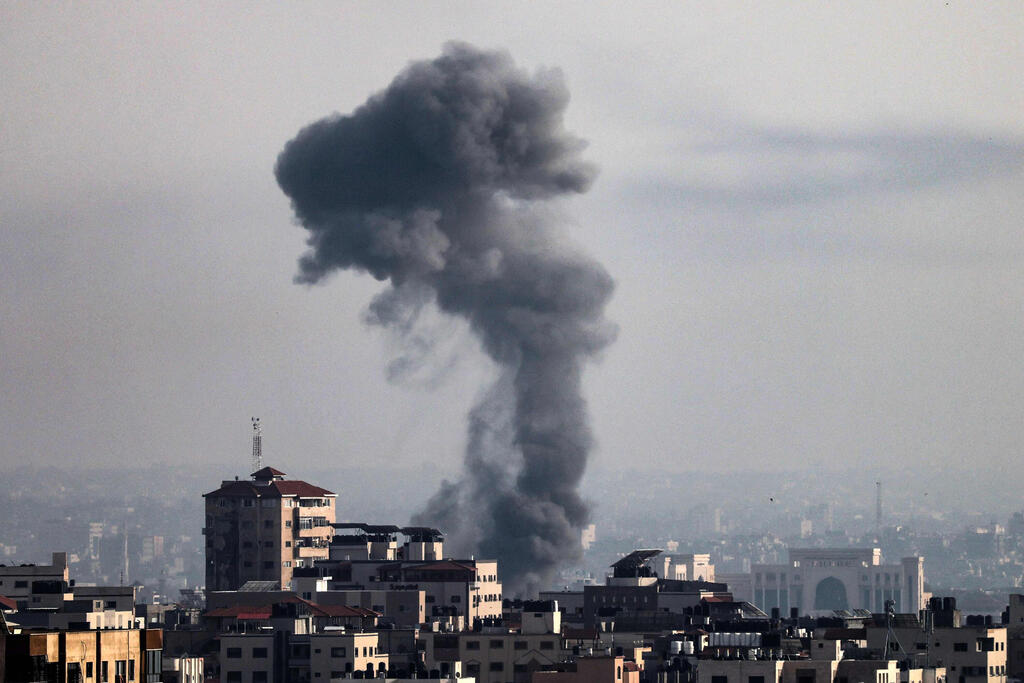Getting your Trinity Audio player ready...
The just concluded Operation Shield and Arrow was only the latest of 14 other such actions carried out by Israel against Gaza-based terrorist organizations since it withdrew from the Strip in 2005. The recurring resort to military means has been described by the IDF as “mowing the lawn”—i.e. periodic attacks designed to “trim”—not eliminate—the Gaza threat.
More stories:
However, over the same period, it has become increasingly evident that this modus operandi has had both indirect and direct strategic consequences.
Indirectly, because the IDF’s operations in Gaza are limited - they by definition rely on intermediaries to negotiate an end to the fighting. Thus every time Israel decides to launch a sustained action in Gaza it implicitly relies on the get-go on a regional or global actor to step in and craft a deal to restore quiet. On most occasions, this go-between has been Egypt as it can talk to both sides.
As a result, Israel has more than once agreed to a truce deal that did not meet all its demands so as to avoid souring relations with Cairo and to preserve its role as a mediator in a future conflict.
Indeed the general expectations of future rounds in Gaza almost automatically cement Israel’s reliance on Cairo and reinforce its reluctance to antagonize the government there.
Moreover, since no diplomatic service, needed as it may be, comes without a price tag every time the IDF acts in Gaza, Israel’s dependence on Cairo increases. The growing Israeli diplomatic “debt” is being felt already. Of late, the Egyptians have sprung into action forthwith putting pressure on Israel to cease its attack even before its operational goals had supposedly been achieved.
The repeated diplomatic missions performed by Egypt on Israel’s behalf elevate its regional clout as well as its standing in the eyes of European nations and the U.S. These actors are weary of any Arab-Israeli conflict as it may jeopardize their relations with friendly Arab regimes, especially in case the Israeli action resulted in losses among Gaza’s civilian residents. While shoring up Egypt’s international standing could be beneficial, it could also harm Israeli interests.
But the rounds in Gaza have also had direct strategic consequences. The clearest one has to do with the erosion of the IDF’s deterrent image. Every inconclusive engagement in Gaza reaffirmed that Israel is strongly averse to paying the high cost in soldiers’ lives expected if the IDF launched a ground operation to finally prevent the rocket fire from resuming momentarily.
At the same time, the rounds demonstrate that Israel’s resort to air power as a substitute has proven sorely inadequate. Locating and destroying the rocket arsenals of Gaza’s terrorists have proven an insurmountable problem for Israel so far even though their launchers remain unhardened.
As a result, the IDF’s deterrent posture has progressively eroded on the one hand and made rockets the weapon of choice with which even a puny organization can terrorize a large portion of the Israeli population on the other.
Even the Israeli public itself is today less confident than ever in the IDF’s ability to defend the country.
Indeed by opting to, in effect, “manage” the Gaza rocket threat—which operationally meant resorting to limited retaliations for attacks from the Strip—Israel has allowed Gaza terrorists a breathing space.
No wonder that soon Iran came knocking providing Hamas and the Palestinian Islamic Jihad (PIJ)—Gaza’s main terrorist organizations—with increasingly heavier and longer range rockets like the Fajr 3 and Fajr 5 as well as know-how and equipment to produce rockets locally like the Ayyash 250.
In turn, Gaza terrorists were able to boast they had forced a “new equation” on Israel and claim a new expanded “sphere of legitimate interests” to include for the first time East Jerusalem and the West Bank.
Worse yet, the frequent rounds encouraged terrorists and Iran to open a new rocket front from whence to target Israeli cities. Such a development is hardly just an annoyance. It is of strategic import as it bolsters Tehran’s confidence that it can divert the IDF’s resources and attention to other fronts if a direct conflict with Israel erupts. The greater the capacity to sidetrack the IDF the higher would be the probability that Iran‘s calculus as to breaking out to the bomb get a boost.
Besides, there is no question that Iran is the main beneficiary of Israel having to repeatedly spend a portion of its defense budget and military wherewithal on “mowing the lawn” rather than on preparations for a preemptive attack on its nuclear installations.
In general, forcing Israel to invest in shoring up defenses and protection of its population is a first-rate strategic objective of Tehran. Every shekel put into defense is one less available for purchasing and developing the IDF’s offensive capabilities. Iran would rather have Israel buy additional Iron Dome batteries than invest in designing and procuring new armaments which could provide the IDF a credible option to attack its nuclear facilities.
As well Israel’s weakness is underlined by its acceptance of repeated cease-fires. These arrangements not only guarantee the survival of the Gaza terrorists’ organizations but implicitly affirm that the only way Israel can restore quiet and halt the rocket fire on its cities is by securing the cooperation of Hamas and the PIJ and agreeing to some of their terms.
For example, one of the main demands the PIJ reportedly made in order to agree to the May 13 cease-fire was for Israel to halt its targeted killing of its commanders. While Israel supposedly rejected this demand, it tacitly agreed to it under the “quiet-for-quiet” policy offered by the Netanyahu government. Thus the most effective, if not the only tool, Israel had to deter further rocket attacks was forsaken.
The PIJ is now free to reconstitute its ranks knowing its preparations for the next round could proceed unhindered so long as it adheres to the cease-fire bargain.
While after every round the IDF touts its intelligence and operational achievements, Gaza terrorists and their allies view the engagements as renewed testimonies to Israel’s inability to silence their incessant fire.
The IDF’s “mowing the lawn” operations in Gaza may indeed be tactically impressive, at times even spectacular, undertakings. But strategically they are counterproductive as they are responsible for aggravating the rocket threat to Israel, for encouraging the formation of new rocket fronts, and for ensuring that any conflict with Iran will involve the IDF in a multi-front war.
- Dr. Avigdor Haselkorn is a strategic analyst and the author of books, articles, and op-eds on national security issues.


